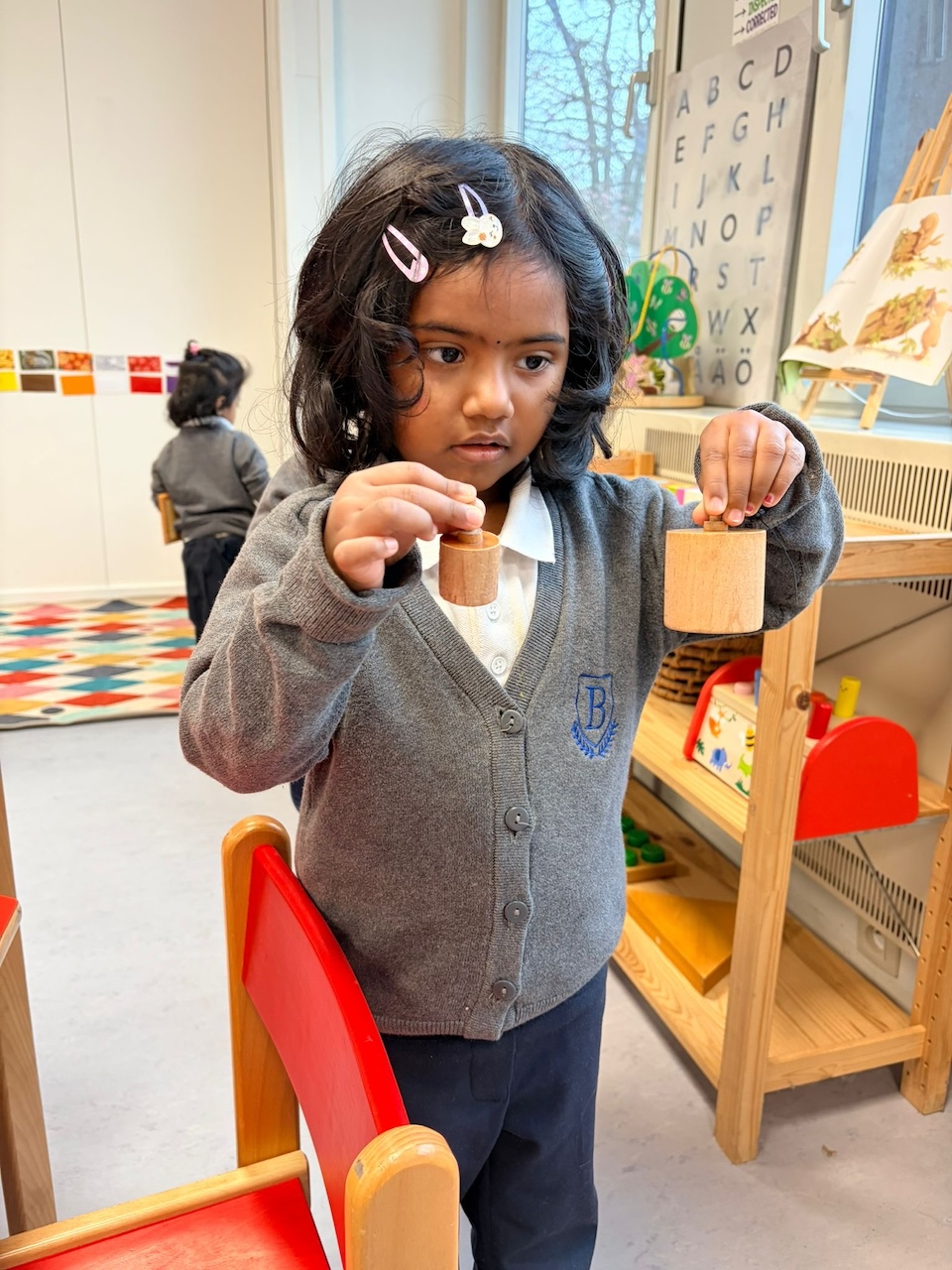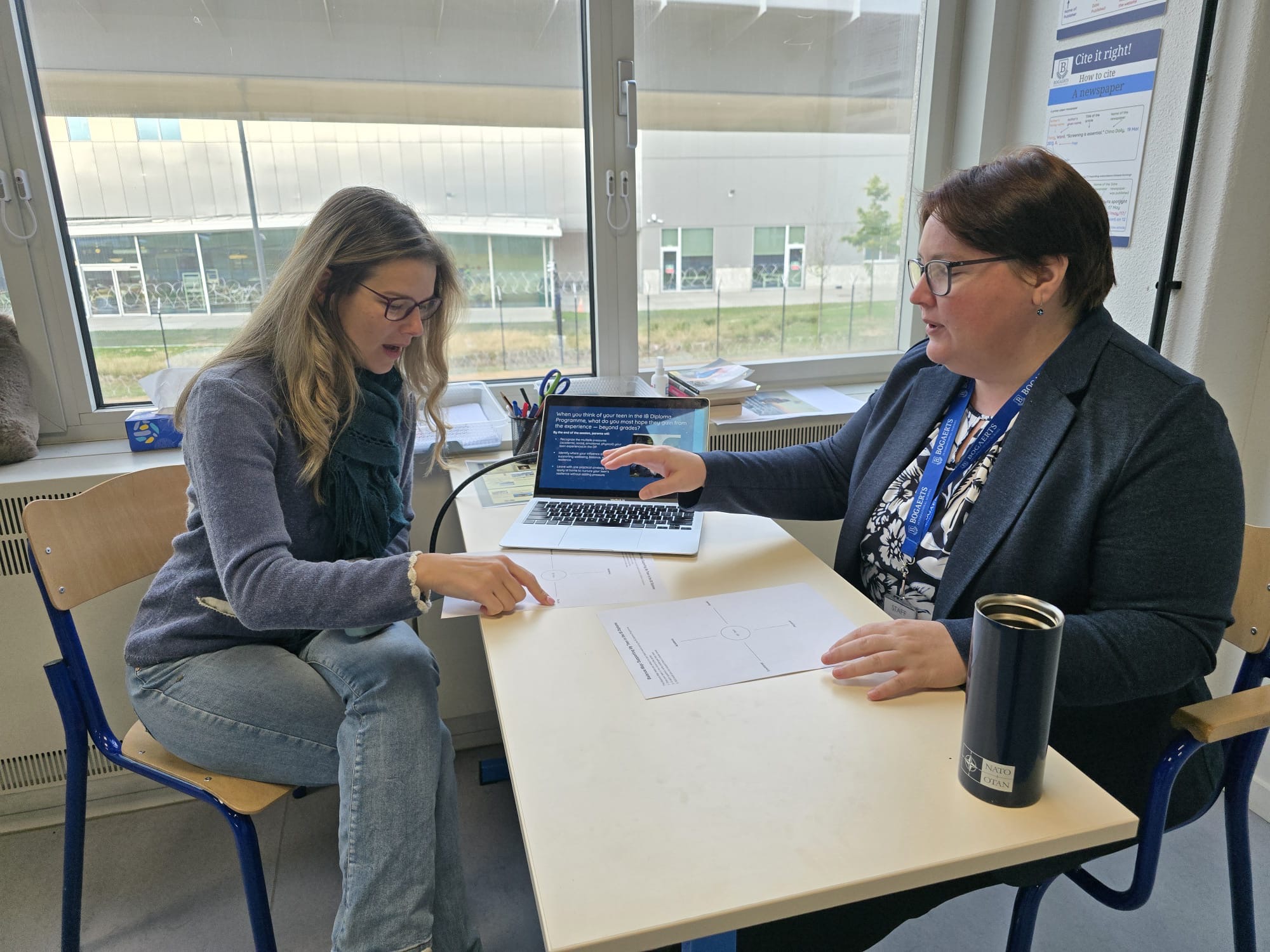The Transformative Power of Concept-Based Inquiry in Language and Literature

One of my nieces, an avid reader, one day asked me if I believed people who had not read anything at all existed. I answered that I did not think so. When I looked at her inquisitive face, I knew I had to elaborate and said: unless they are unable to read, people read instructions, timings, social media posts, advertisements, discounts in the supermarket, and memes. It is very hard to avoid reading. She smiled and went back to her reading.
Reflections like this always make me recognise that every student enters the Language and Literature classroom not just as a learner, but as a meaning-maker. Our individual histories make us capable of deep insight, ethical reflection, and social empathy. The classroom thus becomes a platform for cultivating minds that care, that question, and that connect.
Concept-Based teaching inquiries in language and literature invite us to explore the invisible threads that weave through literature and life. Using books, stories, characters and texts as case studies across which we can find patterns honours the reality that the reader is not merely active but also caring, engaged in deeply personal and sometimes social processes during transactions with texts. The fact that concept-based inquiries are grounded in concepts related to the human experience and to language as a social tool helps us to aspire not only to experience the construction of understandings, but transformation as well.
For the past three years, I have intentionally monitored the conceptual development of our students in the language and literature class. As they navigated Middle School and made their way to High School, I have been observing how their thinking evolves and how they begin to inhabit the ethical and emotional landscapes of the texts and characters they investigate. This sustained reflection has only affirmed a belief I hold with growing conviction: Language and Literature teachers hold extraordinary influence—not only over students' academic growth but also over their emerging sense of human personality and society.
Many times, when I collaborate with international schools, I get asked this question “What does it mean, then, to teach towards conceptual understanding in Language and Literature?”
I believe that teaching towards a conceptual understanding and not a topic means designing learning that allows students to encounter concepts in language literature not only as grammar, text, and ideas that demonstrate comprehension, but as lived experience. Embracing this journey means nurturing students’ ability to appreciate the aesthetic dimensions of writing while simultaneously developing creative and self-critical appreciation. It means recognizing that every encounter with a character, every engagement with an author’s voice, is an opportunity for students to reflect on what it means to be human, to find patterns, to generalise, to test generalisations and, inevitably, deepen one’s view of the world.
Teaching and learning with conceptual understanding in mind also means meeting students where they are in their conceptual journey. Monitoring students' thinking processes as they develop understanding is not a task. Authentically wanting to be aware of how students’ thinking and understanding evolve is a mindset and a habit that requires us, teachers, to listen more, to talk less, to curate questions with intention, and to explicitly help students to focus on their growth. This approach allows us to differentiate the kind of dialogue, questioning, and coaching each student needs. One student may be ready to grapple with an understanding that explores how an author manipulates narrative voice to evoke empathy, while another may still be learning how character is constructed, at the same time that others may be figuring out the extent to which they are using modes of language to fulfill the conventions of a given text. The way that we work with students must reflect those differences.
In these 3 years of monitoring and reflection, I have frequently asked myself:
Am I listening closely enough to students’ thinking to notice the shifts in their understanding?
Am I designing learning that helps students not just analyse texts, but also relate those texts to diverse views of human nature and conduct?
Does my classroom make space for the kind of ethical reinforcement that leads to independent, socially conscious thinkers?
Language and Literature, when taught through a conceptual lens, becomes more than a subject. One of my students said just this week, “this is not a Language and Literature class, it’s more like a Life and Literature class”. I take that as a huge compliment. Intentional explorations that use texts, and the meaning and message hosted in them to explore human experience become vehicles for ethical inquiry, for exploration of identity, for social awareness. They invite students not only to interpret what is written, but to reflect on what it may mean to themselves, to their communities, and to the wider world.
I do not shy away from the power of literature to shape values. I firmly believe that to teach Language and Literature is to engage, consciously or unconsciously, in shaping ethical attitudes. And when this is done with intentionality, with care, and with respect for the student’s conceptual growth, the results are astonishing.
Over time, I’ve witnessed a profound shift in our learners: a growing tendency to discuss big ideas in stories and a greater ability to critique texts beyond format and visual elements. I have noticed how teaching learning has become a boutique-like experience. And that artisanally crafted experience, in the end, is the promise of concept-based inquiry in Language and Literature. It offers students a way of enlarging their understanding of the world through experiences that deepen both their intellect and their humanity.
When I sit down and read or listen to my students’ work, and then look up and view the visual representation of our curriculum, I feel a special kind of fulfillment and pride to know that we are shaping the kind of thinking and feeling people that our world most needs at present.




.jpg)











.png)

















































